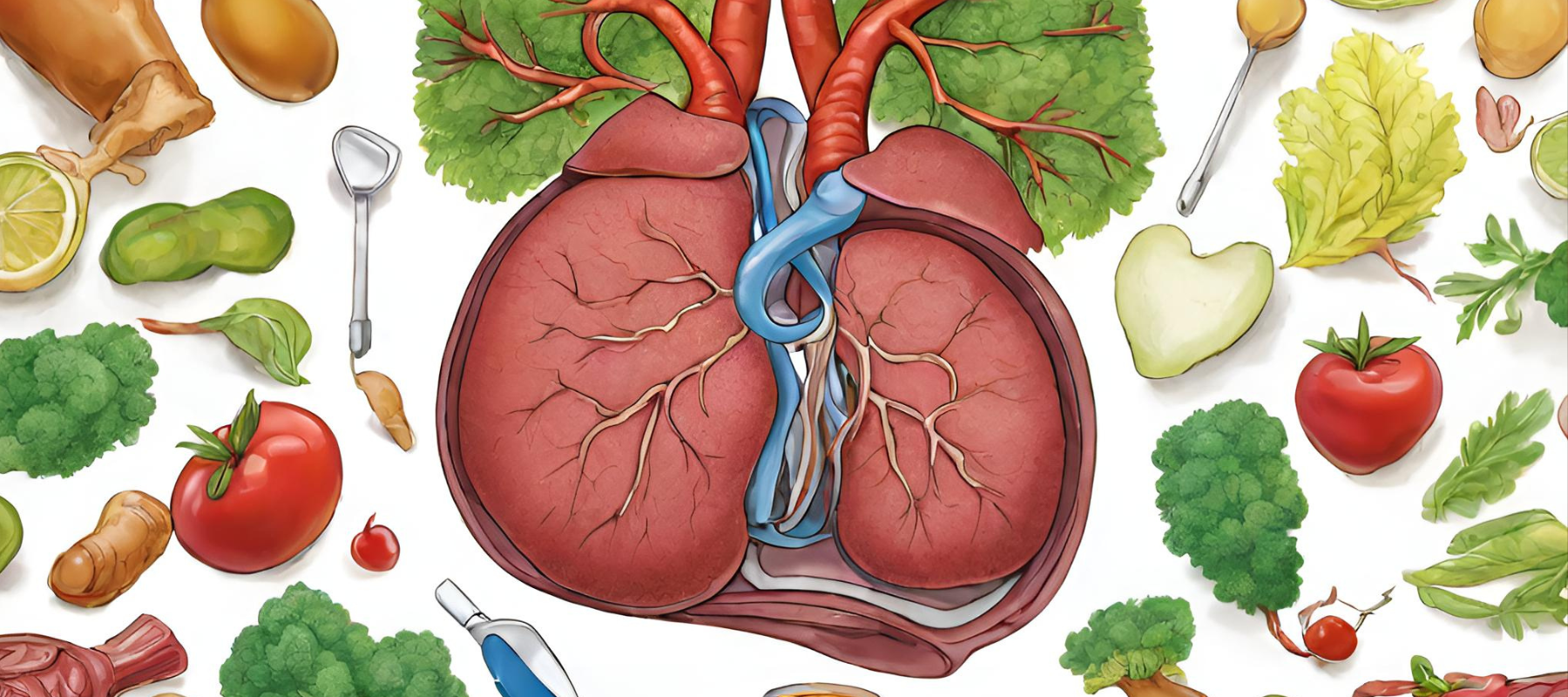Liver supplement advertisements often make bold claims about their products, suggesting that they can detoxify the liver and kidneys, promote overall liver health, optimize liver function, protect liver cells from inflammation, promote bile production, increase metabolism, aid weight loss, and even support respiratory and immune system function.
However, it is important to approach these claims with caution. Taking herbal and dietary supplements without proper guidance may do more harm than good. In fact, available data suggests that herbal dietary supplements are responsible for 20% of liver injuries in the United States, and they may cause more severe liver injuries than conventional medications.
Liver injury from supplements can lead to various complications, including reduced blood clotting, abdominal swelling, jaundice (yellowing of the skin and eyes), and even brain damage. In severe cases, liver transplant or death may be required.
It's crucial to note that the Food and Drug Administration (FDA) regulates supplements differently than medications. Unlike medicines, supplement manufacturers can begin selling or marketing their products without FDA approval. Additionally, supplements do not undergo the same rigorous safety testing as medications.
The Potential Benefits of Liver Supplements
Many liver supplements on the market contain a combination of herbal ingredients, vitamins, and minerals. Let's take a closer look at some of the most commonly used ingredients and their potential benefits.
Milk Thistle
Milk thistle, also known as silymarin, is the most popular herbal supplement for liver problems in the United States. It contains an active ingredient called silibinin, which acts as an antioxidant and helps neutralize free radicals that contribute to inflammation.
Some studies have shown potential benefits of milk thistle supplementation in certain liver conditions. For example, a study involving children undergoing chemotherapy found that milk thistle supplements reduced signs of liver damage. Another clinical trial demonstrated that silymarin supplementation reduced the risk of drug-induced liver injury by 28% in individuals taking antituberculosis medications.
However, it's important to consider the overall evidence. A Cochrane Review and a systematic review both suggest that while milk thistle supplementation may lead to minimal reductions in liver enzymes, these benefits may not be clinically relevant. Additionally, the majority of studies investigating milk thistle's effects on liver health have used weak methodologies.
Zinc
Zinc is an essential trace element that plays a role in cell division, DNA synthesis, and immune function. Chronic liver disease can lead to zinc deficiency, and supplementation may help protect the liver from oxidative stress caused by hepatitis C viral infections.
While there is some evidence suggesting potential benefits of zinc supplementation, further research is needed to establish its efficacy in treating liver diseases such as hepatitis C.
Licorice Root
Licorice root contains an active compound called glycyrrhizic acid, which has been shown to reduce inflammation in the liver and promote the regeneration of damaged liver cells. Animal studies have demonstrated the potential of licorice root extract in reversing alcohol-induced inflammation and fat accumulation in the liver.
In a clinical trial involving individuals with chronic hepatitis C, glycyrrhizin injections showed significant reductions in symptoms compared to a control group. However, the current evidence is limited, and high doses of licorice root consumed over a long period can lead to heart and muscle complications.
The Importance of a Healthy Lifestyle for Liver Health
While liver supplements may hold some potential benefits, it's important to remember that there is not enough scientific evidence to fully support their use in preventing or treating liver disease. Instead, focusing on healthy lifestyle choices can significantly contribute to liver health.
Limit Saturated Fat Intake
High levels of saturated fat can lead to fat deposits around the liver, increasing the risk of nonalcoholic fatty liver disease (NAFLD) and long-term liver damage. It's essential to maintain a balanced diet and limit the consumption of fried foods, sweets, and fast foods.
Moderate Alcohol Consumption
Excessive alcohol consumption can be detrimental to liver health, leading to liver cell damage and potentially cirrhosis. It is recommended to limit alcohol intake to no more than one drink per day for females and no more than two drinks per day for males, as suggested by the Dietary Guidelines for Americans.
Minimize Exposure to Toxins
The liver plays a crucial role in filtering and breaking down toxins in the blood. Limiting exposure to environmental toxins, such as cleaning products, pesticides, and tobacco smoke, can help protect the liver from damage.



